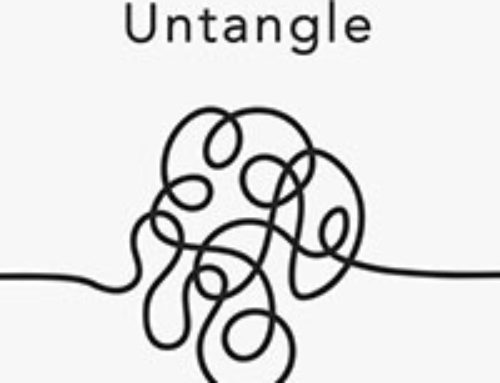The Zen Center’s mission is about how to live an engaged life. We embody this quality of engagement through our study, direct care and Zen training programs. We are on the faculty of two medical schools, where our curriculum is now implemented in thirty-five medical residency programs, and we have trained over 1,100 physicians from across the world in contemplative approaches to care of the dying.
What led you to work in palliative care?
My time with my Grandma Mimi – from shopping trips, doctors visits, late night ambulance rides, and then moving with her into the hospice – I saw through her eyes and my own how afraid and distracted many healthcare providers are as well as family members.
The idea of the Zen Center came from my Grandma Mimi, who said: “I never thought I’d say this, but there is something special about the Zen thing and how you and your friends care. Start an organisation that brings Zen training and caregiving together. Teach people and change the way that care is given.”
From my Grandma Mimi’s blessing, Chodo and I completed our chaplaincy training, I graduated from social work school, Chodo and I also engaged in years of analytic training, and continued our Zen training.
We felt strongly that in order to change the way we care for others we needed a multi-disciplinary approach and training. We both served on palliative care teams in Lenox Hill Hospital, and Mount Saini Beth Israel Medical Centers.
Palliative Care seemed like the natural engagement as our Zen training is also about the alleviation of suffering.
Can you explain the concept of contemplative care?
Contemplative care is the care provided by someone who is steeped in a daily contemplative practice in the tradition, with a community and a teacher, who sees the care they offer as the expression of this practice.
There is no ‘self-care’ there is only ‘care’ which is caring for oneself and others. So, contemplative care is the practice of generosity – giving and receiving as not two.
Contemplative care is based on the central three ethics: beginner’s mind, bearing witness and loving action. Cultivating a mind, moment by moment, of a fresh beginner’s mind without assumptions, bearing witness to the joys and sorrows of life, and from these two loving action flows.
Is there a particular story you would like to share about a patient or family who you have met during your working life?
Most of us live in unspoken fears. I was training a group of 70 doctors, with Chodo, and we asked them what they are afraid of. Pain, loss and change were the themes. So ordinary.
In my experience, people are afraid, and when I meet someone who does not want to talk about their feelings or speak frankly, I ask them what they want to talk about.
I had the privilege to meet a middle aged man with metastatic cancer, who said: “I don’t do feelings.”
He told me about a baseball game, and how he was worried that his team was not going to make it to the World Series this year.
“They always go,” he said. So we talked about baseball, and how it was an anchor for him in his life, and how the fact that his winning team was not making it, broke his heart.
It made him sad. “What will happen to them?” he asked.
“What do you imagine?” I said.
“I don’t know,” he said, “I am just worried they will fall away into insignificance.”
“What then?” I asked.
“Well,” he said looking out of the window, “I guess we all have our time.”
“It sounds like that is really true for you,” I said.
“Yep,” he replied, “it is really true for me too. I am disappointed and yet okay with it too. I go with my team.”
We are always telling our whole story. To me, we can just learn to pay attention and receive fully where the person is without an agenda. Without needing to talk about something in a particular way.
Of course this is easy to say and takes a lifetime to practice. And this is the joy of practicing care and meditation. It is a lifetime of curiosity and investigation.






Recent Comments